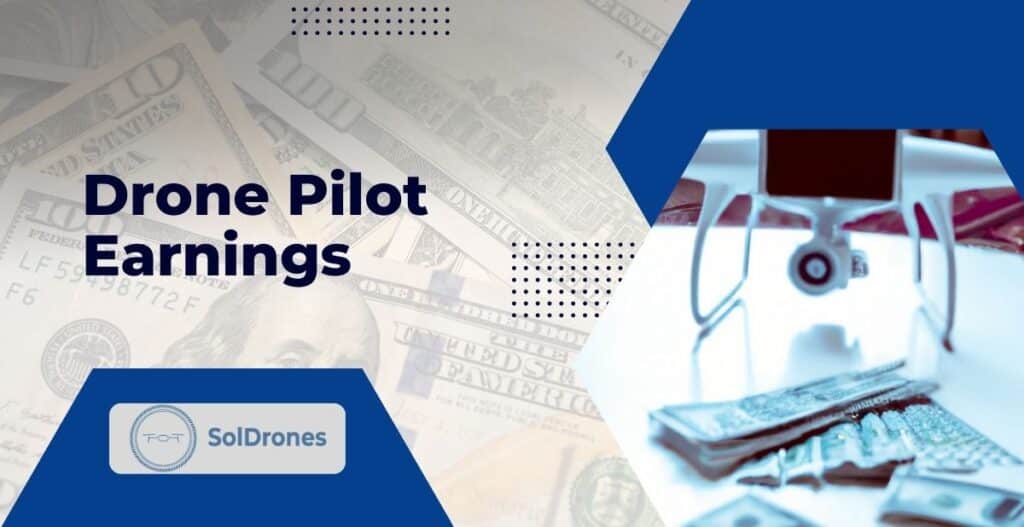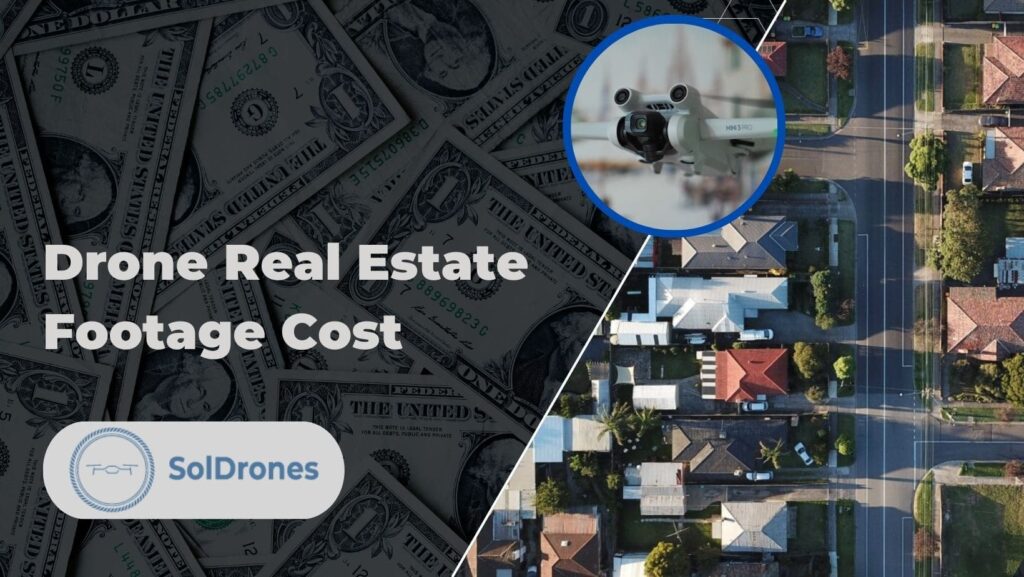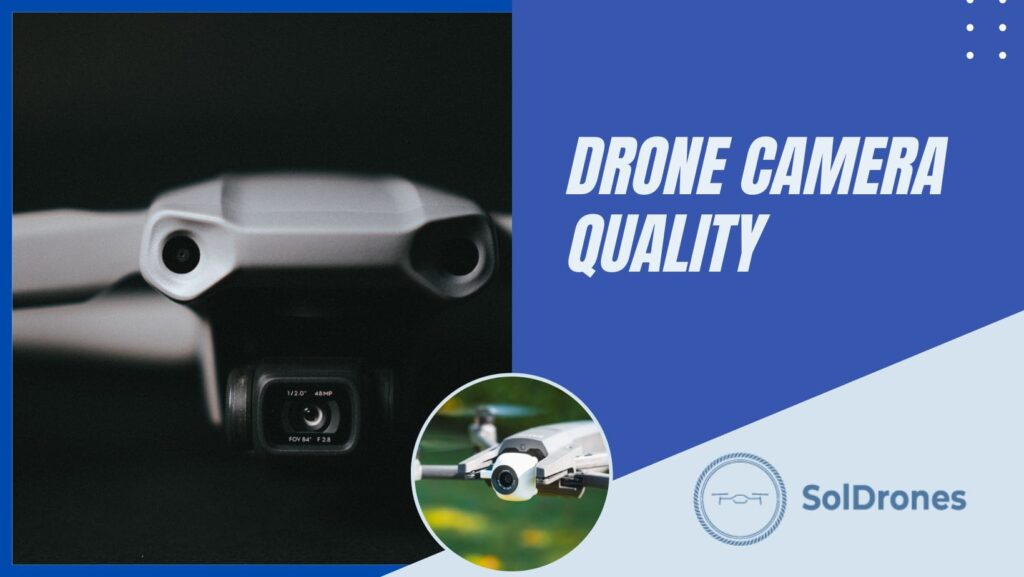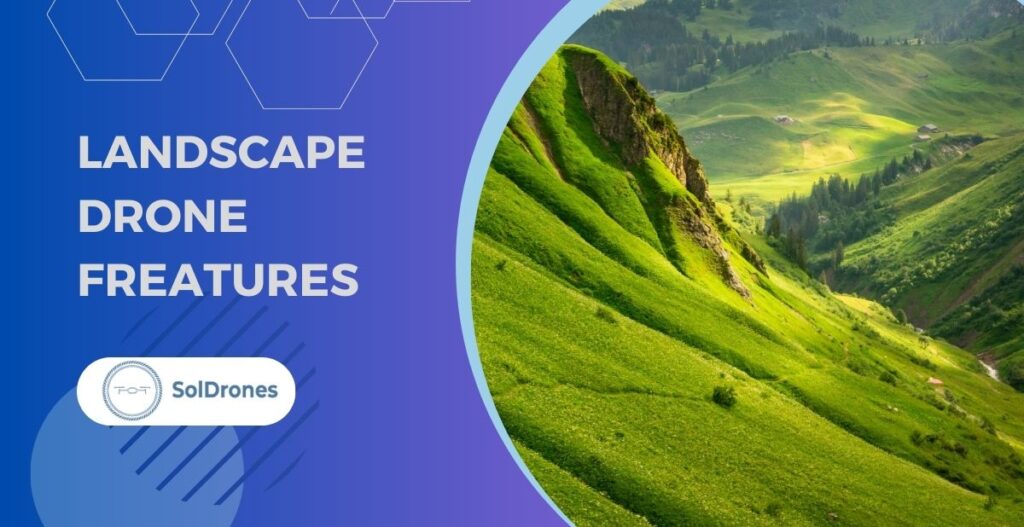According to ZipRecruiter, UAV drone pilots are earning on average $64,000+ per year in the United States. However, there have been cases where savvy drone pilots earn well into six figures per year. The Economic Research Institute also estimates that the salary potential for drone pilots will continue to increase by at least 20% in the next 5 years.
Beyond typical drone freelance photography jobs for weddings, real estate, events, and inspections, there have emerged several relatively untapped ways in which drone pilots can earn money through partnerships, social media promotions, royalties, and more.
In this article, we’ll unpack how elite drone pilots are generating significant earnings through the proper business setup, marketing, and residual incomes.
Top Factors for Earning Money as a Drone Pilot
First and foremost, it’s important to understand that if you’re considering earning money as a drone pilot, you need to abide by the business and legal requirements enforced by the FAA. For instance, all pilots need to register their drones with the FAA and obtain a Remote Pilot Certificate before conducting any drone activity for monetary value or indirect compensation. If you use your drone to take wedding photography in exchange for money, you would require a Remote Pilot Certificate. Interestingly enough, in some cases, even flying your drone as a volunteer would require a Remote Pilot Certificate.
So, before you hit the skies and start trying to earn money with your drone, make sure you’re compliant from a legal and business entity standpoint. Our guide on how to start a commercial drone business provides guidance on setting up your first commercial drone business.
Once you’re officially registered as a pilot and are set up to earn money as a commercial drone pilot, it’s time to differentiate yourself from the competition. Because the commercial drone industry is absolutely taking off, there are thousands of drone pilots rushing to the skies to offer their services to businesses in need of surveying, inspections, photography, agriculture crop dusting, and more. A few of the top factors that separate high-earning drone pilots from the rest include:
- Experience: As with many professions, experience is a key factor in determining a commercial drone pilot’s earning potential. Pilots with more flight hours and a wider range of experience are in higher demand and can charge clients higher service rates.
- Industry: The industry in which a commercial drone pilot works can have a significant impact on their earning potential. For example, pilots who specialize in real estate photography and videography are likely to earn more than those who primarily fly drones for industrial inspections.
- Type of Drone: The type of drone a commercial pilot operates is another key factor in their earning potential. Pilots who operate larger, more complex drones tend to earn more than those who fly smaller consumer drones.
- Location: Where you’re located matters as a commercial drone pilot. Larger cities and metropolitan areas come with higher demand for drone services and tend to earn more than those in rural areas.
- Reputation and Network: Often overlooked, the communities of which you’re a part play a critical role in being able to find clients and gain referrals as a drone pilot. Pilots with a strong reputation for quality work and a wide professional network are more likely to receive higher-paying job offers.
Top Industries to Earn Money as a Drone Pilot
Drones are starting to show up everywhere and as a pilot seeking to earn an income, it’s best to find a niche that aligns with your interests as well as location, skillset, and budget for equipment. A few of the top industries that are inspiring drone entrepreneurs include:
- Event Photography: Photography services for events, weddings, and companies that need marketing footage.
- Real Estate: Real estate agents are providing their clients with better marketing material by utilizing drone photography to showcase properties from an aerial view.
- Agriculture: Big ag companies leverage drones to monitor crops and livestock, and fertilize fields more efficiently than traditional farming methods.
- Construction: Ensuring worker safety on construction sites is absolutely critical to construction companies. An entire construction site can be surveyed and inspected in a matter of minutes with drone technology.
- Journalism: Aerial videos and photography and amplifying the journalism industry by providing journalists with new perspectives and methods of gathering information to tell their stories.
- Police & Fire: Serving as an alternative to helicopters, drone technology can be much more cost-effective when used by police forces or firefighters in need of aerial views, while providing more safety.
There are of course other industries that are growing in the demand for drone pilots, so don’t hesitate to research and explore your interest.
How to Make Money As a Drone Pilot
As a commercial drone pilot – particularly one that specializes in drone photography, there are many ways in which you can earn an income, but ultimately, the methods of earning an income boil down into two categories:
- Client Based Projects
- Residual/Passive Income
Client Based
As a drone pilot, how you charge your clients is just as important as the quality of your services. Understanding the different pricing models available to you can help ensure that you are getting a fair rate for your work, while also meeting the needs of your clients. Some common pricing models for drone pilots include:
- Hourly Rate: Drone pilots charge a set hourly fee for their services, which may include flight time, equipment use, and post-processing. This model is a popular choice for projects with a defined timeline and scope, such as real estate photography or event coverage.
- Project-based Rate – Drone pilots negotiate a fixed fee for a specific project. This model takes into account the complexity of the project, the level of expertise required, and any other factors that may impact the cost. Project-based rates are ideal for complex projects with multiple components, such as construction inspections or environmental surveys.
- Package Rate: Drone pilots charge a set fee for a pre-determined package of services, such as a set number of flight hours, aerial photos, and video footage. This model is best suited for projects with a well-defined scope, and can offer clients a convenient and cost-effective solution.
- Usage Fee: Drone pilots charge a fee based on the intended usage of the aerial footage, such as licensing for commercial purposes or for personal use. This model is particularly relevant for drone pilots who specialize in creating aerial footage for the film and television industry.
Ultimately, every project is unique and the pricing model you choose should be tailored to meet the needs of both you and the client. By carefully considering the different options available, drone pilots can ensure that they are getting a fair and equitable rate for their work.
Residual/Passive Income
Beyond providing hourly services for clients, there are several overlooked ways in which drone pilots can earn income that’s nearly passive. If you take amazing photography and videography with your drone, you can leverage that content on social media, YouTube, and even through licensing partnerships. We explain further in the section below:
- Social Media Pages (Instagram, Facebook, TikTok): Create social media pages across Instagram, Facebook, TikTok, and other social media channels. By posting valuable content that drives social media engagement and attracts more followers, you can unlock monetization opportunities on your Instagram page. Several ways in which you can monetize your social media accounts include forming partnerships with brands and promoting their sponsored content, enabling ads on your Reels or videos, or joining affiliate programs.
- YouTube Channel: Create a YouTube channel that showcases the footage you’ve captured. By editing your drone video content and adding voiceovers, captions, and music, you can turn a quick and simple video into a stellar production.
- Licensed Footage (Unsplash, Shutterstock, Pexel): Websites like Flickr, Pexel, Unsplash, and Getty Image give photographers and videographers unique opportunities to expand their audience reach and potentially earn passive income from the content they create. For example, if you create a Flickr account, you can license your content through Getty Images, and when your content is used, you will earn a small commission. In some cases, sites like Pexels may not pay you directly, however, your photography could be used by marketers that attribute you credit.
Should You Become a Commercial Drone Pilot
As much as drone pilots are wanting to fly drones and capture stunning photography and videography, businesses are needing drones for photography, photogrammetry, inspections, and many other use cases.
Take real estate drone photography, for example…some real estate drone pilots are able to charge real estate agents $500+ per hour!
Weddings, sports events, and movie production agencies are willing to pay a premium for the right drone photographer. Simply put, while there are more and more commercial drone photographers entering the industry, their services are becoming in high demand.
Another primary reason why you should consider starting a commercial drone business is because of the advancements in technology. It’s only going to get easier for businesses to invest in and utilize drones for their operations. From improved cameras and sensors to advanced software and automation, the capabilities of drones are expanding and becoming more accessible to small and medium-sized businesses. On top of that, drones are becoming much more cost-effective and easier to use for non-technical operators.
Ultimately, if you’re an entrepreneurial-minded individual that enjoys being outdoors and capturing photography of nature or urban environments, or simply flying UAV aircrafts, starting a commercial drone business is a wise investment as the industry is projected to grow significantly, presenting new and diverse opportunities to service clients.







